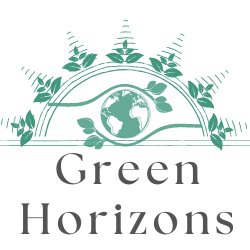
Green Horizons
Research Statement
_________________________________________________________________________________
For our group project, we set out to understand the environmental change gap—specifically, how different communities experience and respond to environmental challenges. We wanted to investigate how these gaps affect various regions, especially underserved or marginalized communities, and to identify resources that are available to bridge these gaps.
We Investigated
- The impacts of environmental changes (such as climate change, pollution, and deforestation) on different communities.
- Disparities in access to environmental resources, education, and support systems.
- The role of education in raising awareness and promoting sustainability practices.
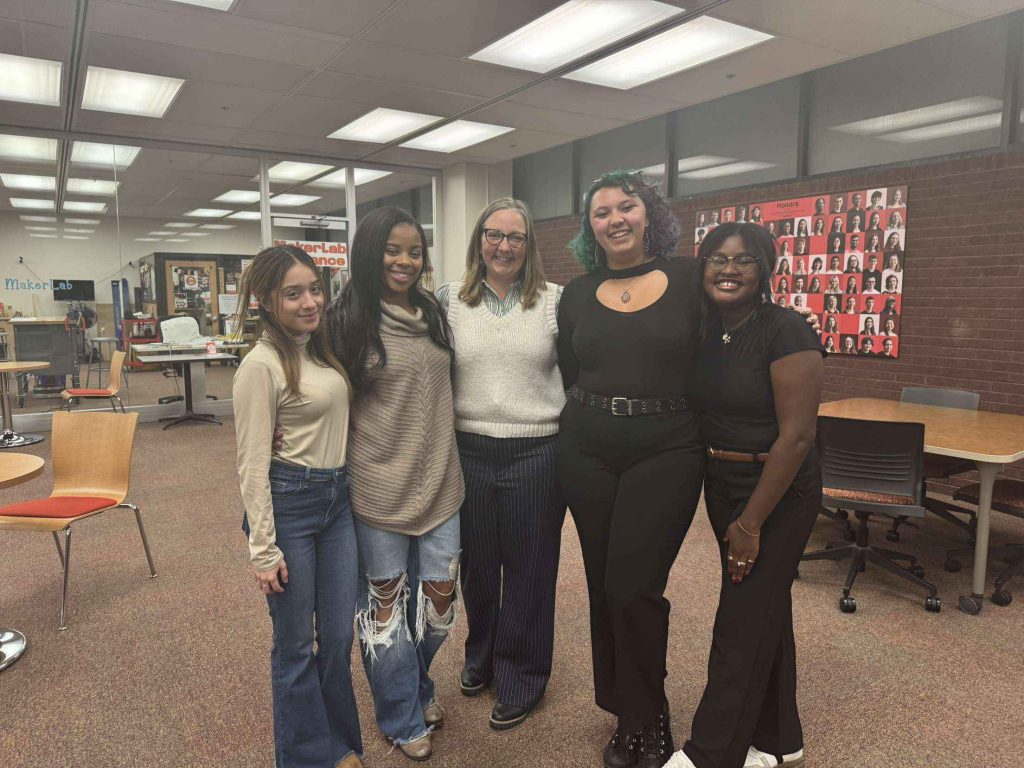
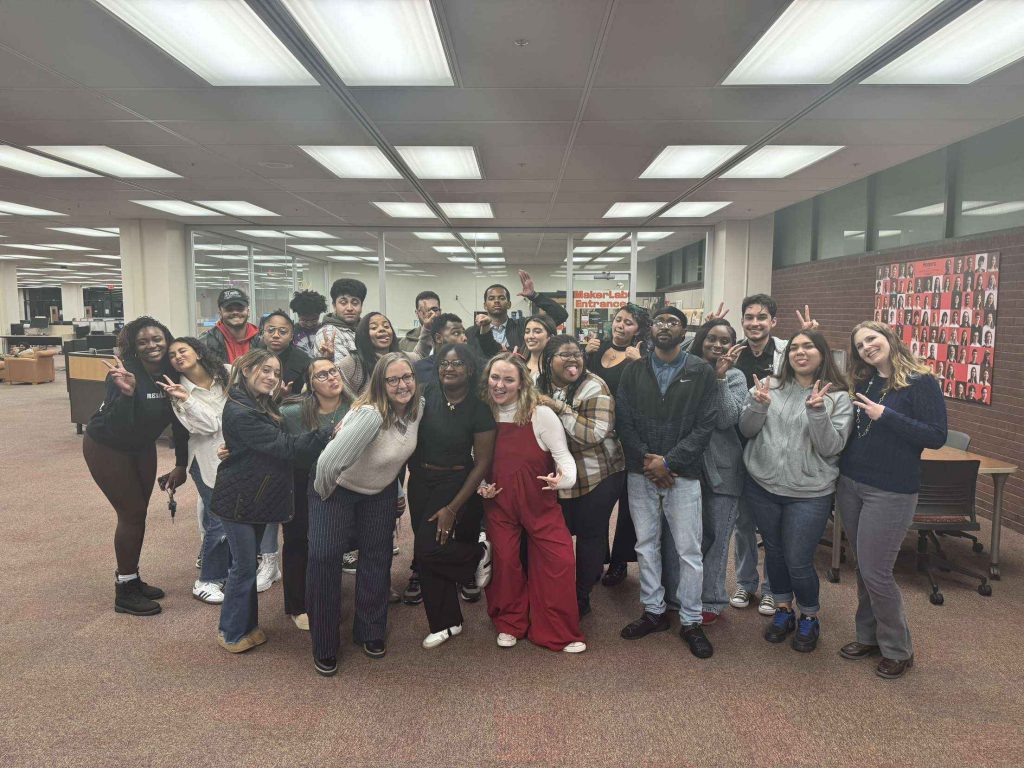
What we Learned
Environmental change disproportionately affects vulnerable communities, particularly those in low-income areas or developing countries, due to limited access to resources and infrastructure. There is a significant lack of access to environmental education and tools for addressing these issues in many schools and communities. Collaborative efforts, like community-based education programs and policy changes, are essential in bridging the environmental change gap. Many resources exist but are not always accessible or widely known, including grant opportunities, educational programs, and local sustainability initiatives.
The Answers we Decided Upon
There is a pressing need for improved environmental education in schools and communities to raise awareness of these disparities and the importance of addressing them. Providing clear, accessible resources and partnerships (e.g., workshops, informational materials, online platforms) can help close the environmental change gap. Schools and communities must work together with local governments and organizations to create sustainable, long-term solutions for environmental equity.
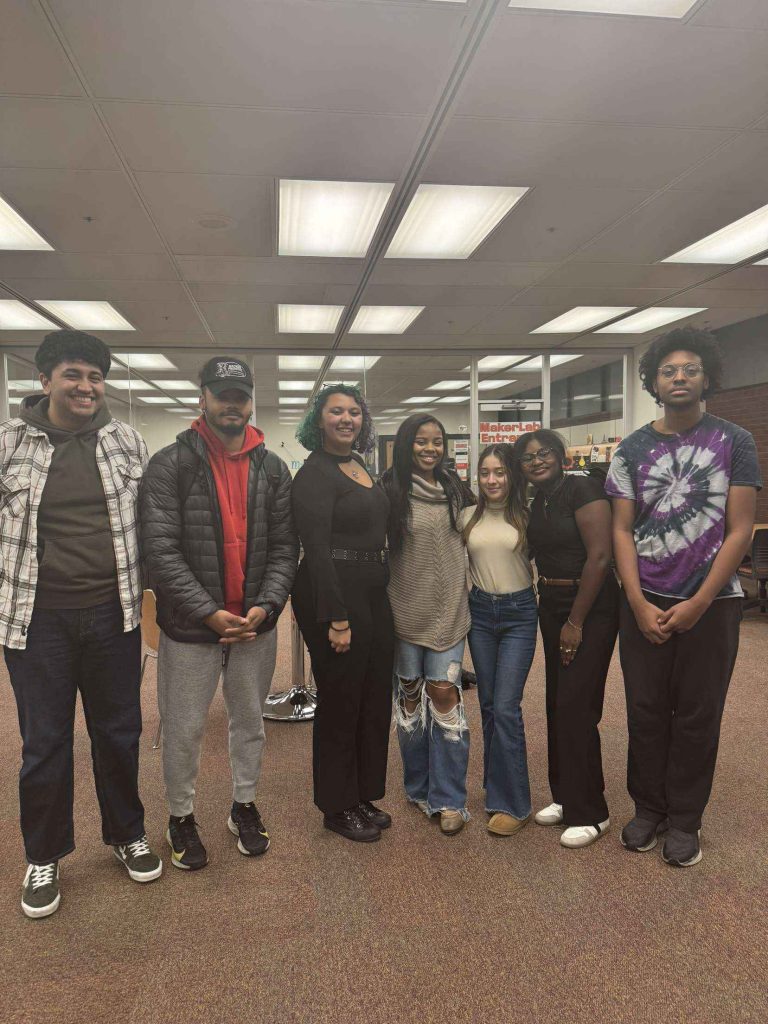
Who This Website Is For
______________________________________________________________________________________________________________________________
Our project began with NGRREC (National Great Rivers Research and Education Center) and their team, who serve as the main stakeholders in the environmental research and education field. NGRREC works closely with the community to enhance understanding of environmental issues and promote better understanding of that topic. We have worked with NGRREC since freshman year by helping them broaden and share understanding of the work they do with the community of Alton and therefore share it with our community at Southern Illinois University of Edwardsville. Several members of our team participated in NGRREC’s summer internship program, which gave us first-hand experience and insight about the importance of environmental education due to everything they did throughout the internship. Their individual stories highlighted how important it is to engage with the community and spread awareness about environmental issues.
Our project was specifically made to target teens, as they are the most affected by environmental challenges and often lack the knowledge to understand and address these issues. These teens may not always have access to environmental education or may have very minimal knowledge of it. These two relate to each other because they are both exposed to the topic of the environment but yet are in different communities where they both could have the aspect of our project addressed.
NGRREC provides the resources, expertise, and educational aspects, while teens are able to learn and benefit from their education. The project also emphasizes that teens are the future and therefore will be the ones who will have to face the consequences of environmental issues and because of this they play an important role and it’s crucial for them to have a knowledge of their environment. By working together, our team is working to provide teens with the main points and understandings to enhance their knowledge and give them the tools necessary to be able to continue what they learn. This will benefit both the local community and the broader environment.
“In the end we will conserve only what we love; we will love only what we understand and we will understand only what we are taught”
Babe Dioum, 1968
Senegalese Forestry Engineer
Our Research
As a part of our initative each team member took on 1-2 projects focused on the overall goals of Environmental Conservation and Education.
Podcast
- Led by Makhia
- Featuring two episodes
- Explains current climate issues

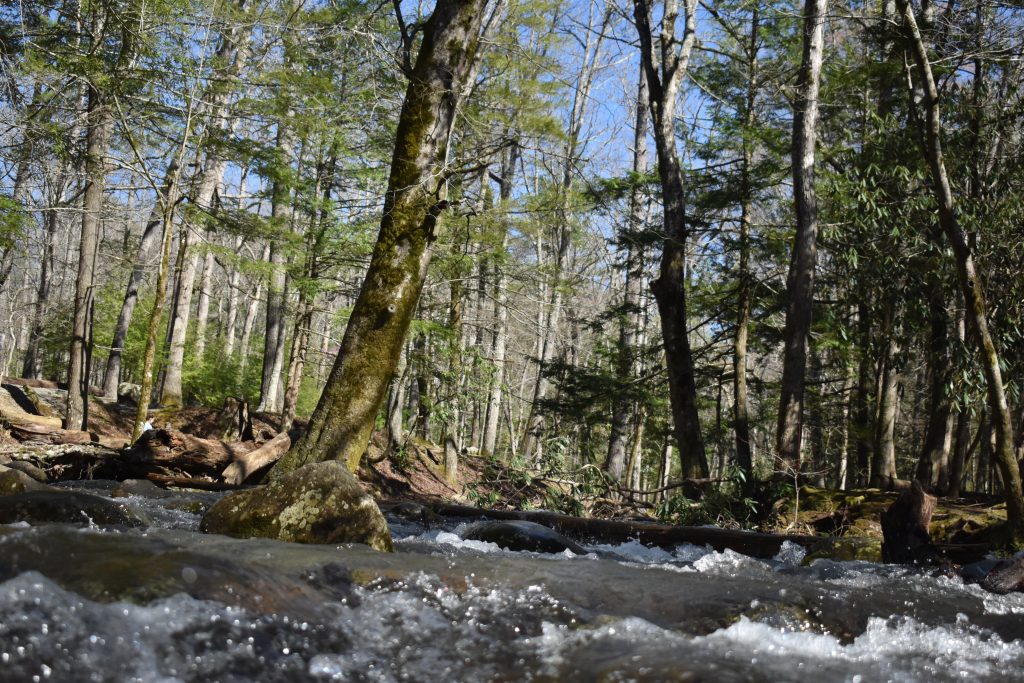
Recycling and Conservation at Home
- Led by Danahe
- Explains ways you can more efficiently recycle
- Introduces DIYs that can help reduce your carbon footprint
Survey
- Led by Sean
- Explores individuals experiences in Highschool enviromental science
- Identifies trends and where we could do better


Map of Illinois and Missouri Greenspace
- Led by Kaz
- Utilizing ArcGIS
- Highlights Census parcel access to greenspace
“Its a job thats never started that takes [the] longest to finish”
J.R.R. Tolkien, 1954
Lord Of The Rings, The Two Towers
Why It Matters?
Educating communities about the world of today is the only way to ensure the world of tomorrow
Inequities in Education
By making environmental education more accessible we can begin to bridge gaps in educational opportunity
Broadening Horizons
By educating our communities about the environment we can encourage students to follow careers in STEM fields
Empowerment
Communities educated about environmental issues have more power when it comes to lobbying for change regarding these issues
Resiliant Communities
Communities with more education regarding the enviromental changes are more prepared to face those changes
Empathy
Education surrounding environmental changes encourages empathy towards groups disproportionately effected by those changed
Conservation
In order to conserve this world we need to fight for it and that starts at home with knowledge and small actions
